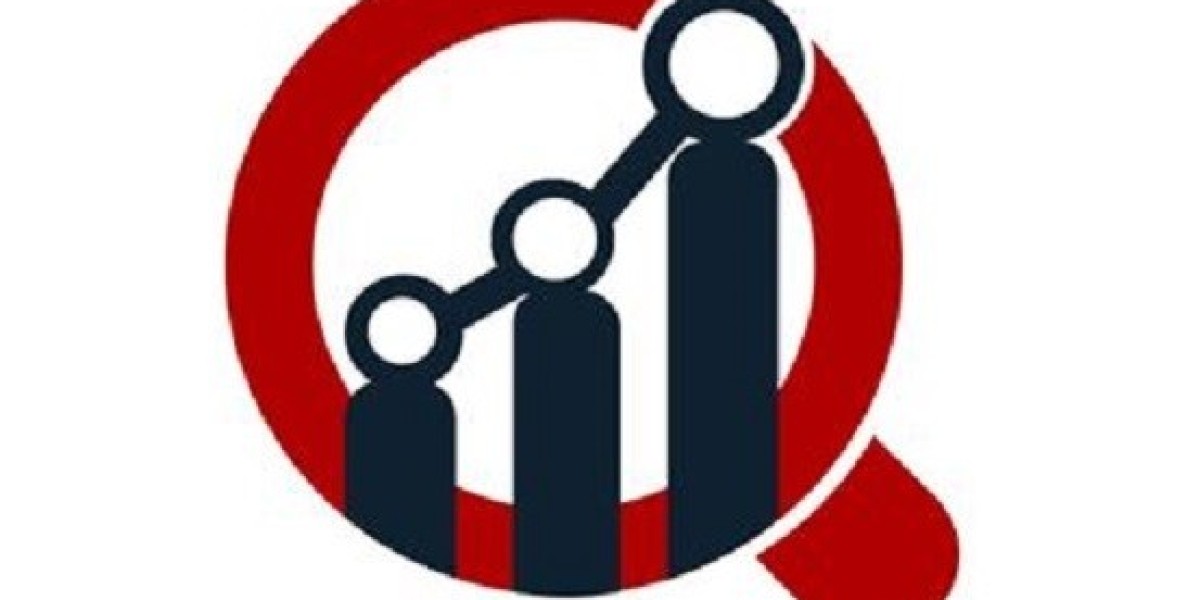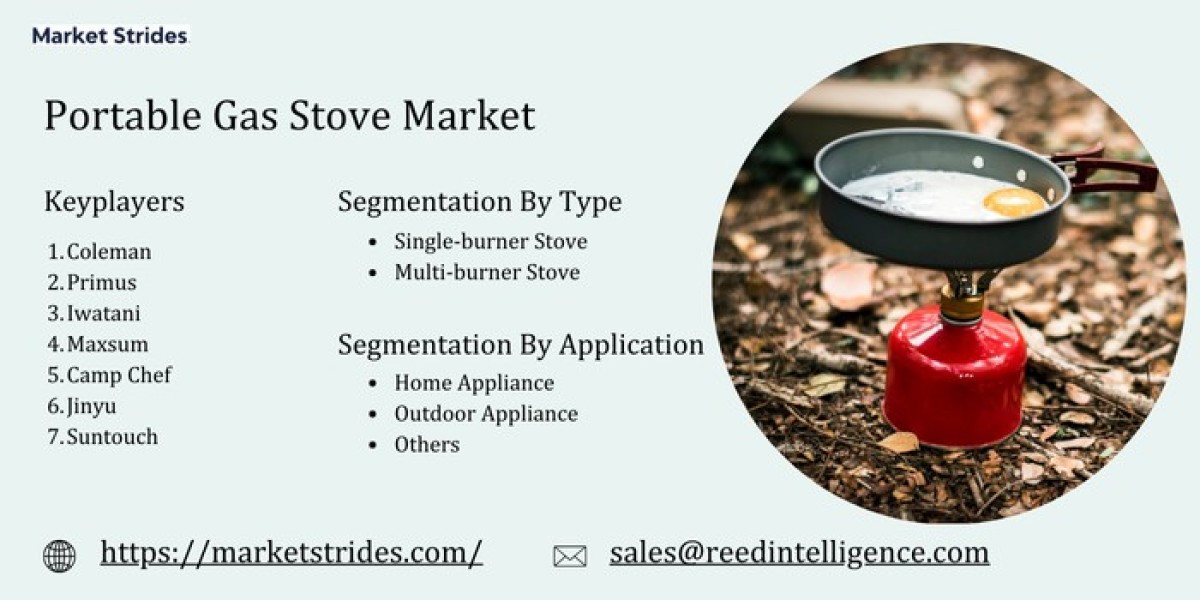Market Overview
The adoption of big data analytics in healthcare has revolutionized the industry by enabling evidence-based decision-making and personalized patient care. The growing use of AI and machine learning in predictive analytics has helped in early disease detection, drug discovery, and population health management. Additionally, healthcare providers and insurance companies are leveraging data analytics to enhance efficiency, reduce costs, and optimize resources.
Market Size and Growth Analysis
The global healthcare big data analytics market size valued at approximately USD 81.8 billion in 2022. It is projected to reach USD 474.1 billion by 2031, growing at a compound annual growth rate (CAGR) of 21.7% during the forecast period. The rapid adoption of cloud-based analytics solutions, AI-driven diagnostics, and real-time patient monitoring systems is expected to drive this growth.
Market Dynamics
5.1 Growth Drivers
Several factors are fueling the growth of the healthcare big data analytics market. The rising adoption of electronic health records (EHRs) across hospitals and healthcare institutions has significantly increased the volume of healthcare data, necessitating advanced analytics solutions. Additionally, the growing prevalence of chronic diseases, such as diabetes and cardiovascular conditions, has led to a higher demand for predictive analytics in patient care.
Challenges and Restraints
Despite the promising growth, the healthcare big data analytics market faces several challenges. Data privacy and security concerns remain a major restraint, as healthcare data is highly sensitive and prone to cyber threats. Ensuring compliance with regulations such as the Health Insurance Portability and Accountability Act (HIPAA) and the General Data Protection Regulation (GDPR) adds complexity to data management strategies
Regional Analysis
The healthcare big data analytics market exhibits strong regional variations in adoption and growth. North America leads the market, driven by the presence of established healthcare IT infrastructure, significant government funding, and widespread adoption of EHRs. The United States, in particular, has been at the forefront of AI-driven healthcare analytics, with major investments from both public and private sectors. Europe follows closely, with increasing digital health initiatives and regulations supporting data interoperability. The Asia-Pacific region is expected to witness the highest growth rate due to the rising demand for quality healthcare services, expanding healthcare infrastructure, and growing investments in AI-based analytics solutions. Countries like China, India, and Japan are leading the regional growth, driven by government policies supporting healthcare digitalization.
Market Segmentation
The healthcare big data analytics market is segmented based on component, type, application, deployment model, and end-user.
By Component:
- Software – AI-driven analytics platforms, EHR-integrated analytics, and predictive modeling tools
- Services – Consulting, data management, implementation, and training services
- Hardware – Data storage devices, servers, and networking solutions
By Type:
- Descriptive Analytics – Used for historical data analysis and reporting
- Predictive Analytics – Helps forecast diseases, patient outcomes, and treatment effectiveness
- Prescriptive Analytics – Provides recommendations for clinical and operational decision-making
By Application:
- Clinical Analytics – Patient management, disease prediction, precision medicine
- Financial Analytics – Cost management, fraud detection, revenue cycle optimization
- Operational Analytics – Hospital workflow optimization, resource allocation, supply chain management
By Deployment Model:
- Cloud-Based Solutions – Scalable, cost-effective, and widely adopted due to remote access capabilities
- On-Premise Solutions – Provides greater data security and control but requires high infrastructure investment
By End-User:
- Hospitals and Healthcare Providers – Use analytics for patient care optimization and operational efficiency
- Insurance Companies – Leverage analytics for risk assessment, fraud detection, and claims processing
- Pharmaceutical Companies – Apply analytics for drug discovery, clinical trials, and market research
- Government and Regulatory Bodies – Utilize data analytics for population health management and policy-making
Competitive Landscape and Key Market Players
The healthcare big data analytics market is highly competitive, with major companies investing in AI, machine learning, and cloud technologies to enhance their offerings. Some of the leading companies in the market include:
- Allscripts Healthcare solution
- Cerner Corporation
- Health Analyst
- Epic System Corporation
- IBM Corporation
Recent Developments
The healthcare big data analytics market has witnessed significant developments in recent years. The increasing integration of AI and machine learning in healthcare analytics has led to improved predictive capabilities and automation in data processing. Cloud-based analytics solutions have gained momentum, enabling remote access to healthcare data and enhancing collaboration among healthcare providers
Future Outlook and Opportunities
The future of healthcare big data analytics looks promising, with continuous advancements in AI, IoT, and blockchain technology driving innovation in healthcare data management. The adoption of real-time analytics, wearable health monitoring devices, and personalized medicine is expected to grow, leading to improved patient outcomes and operational efficiency.
For more information please visit @marketresearchfuture









